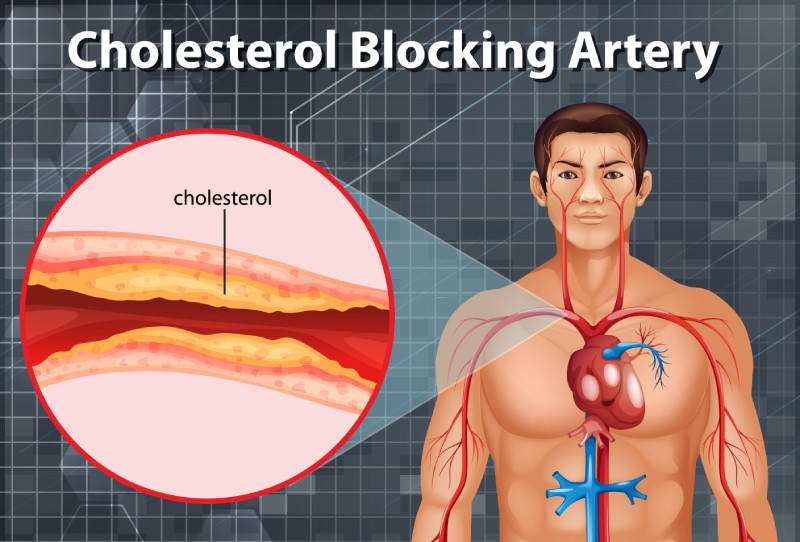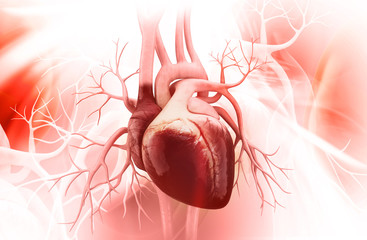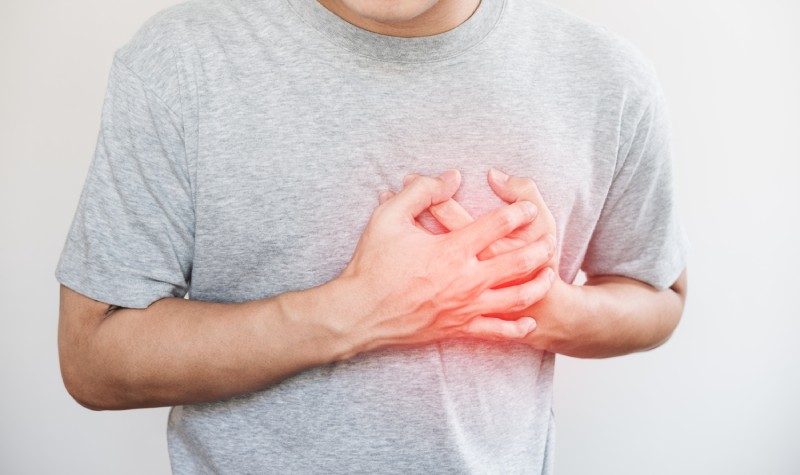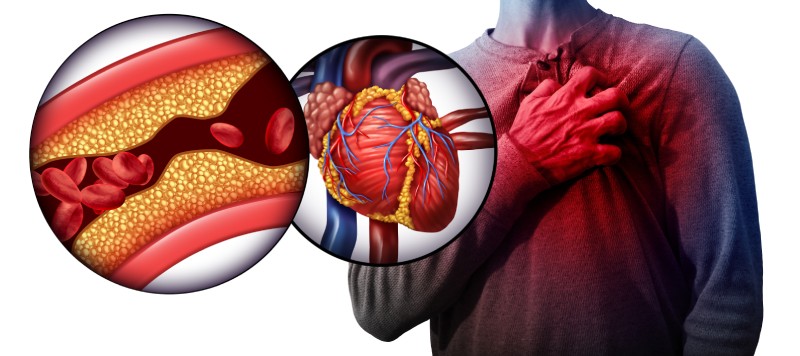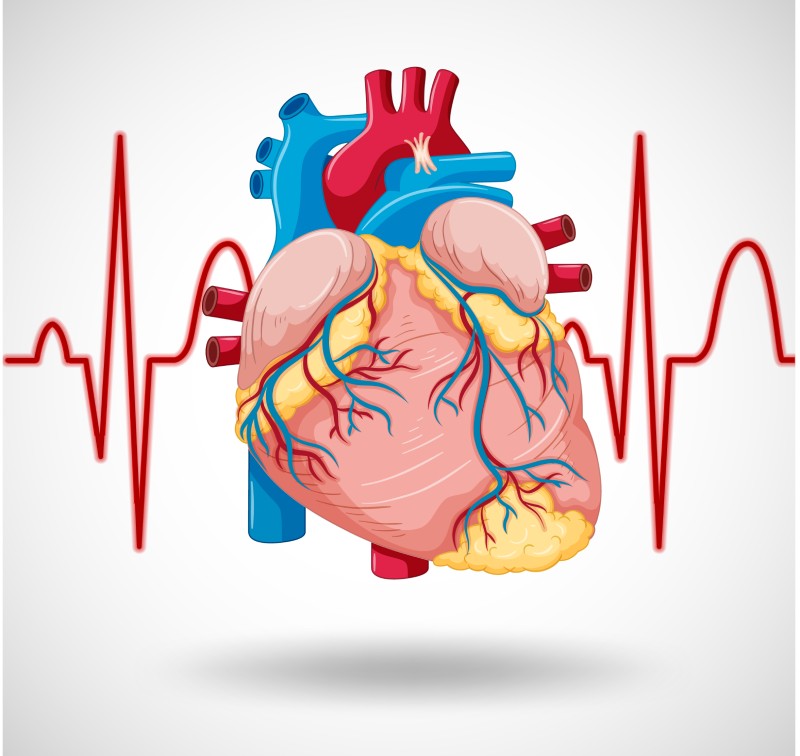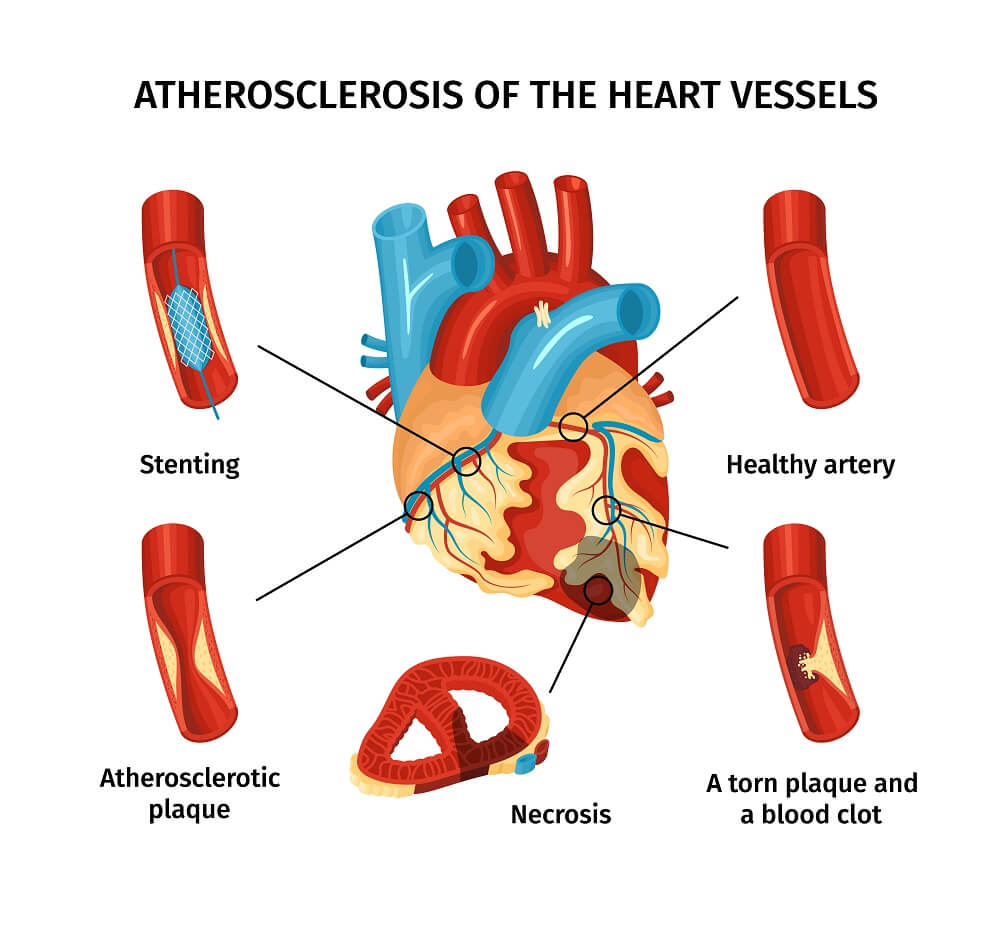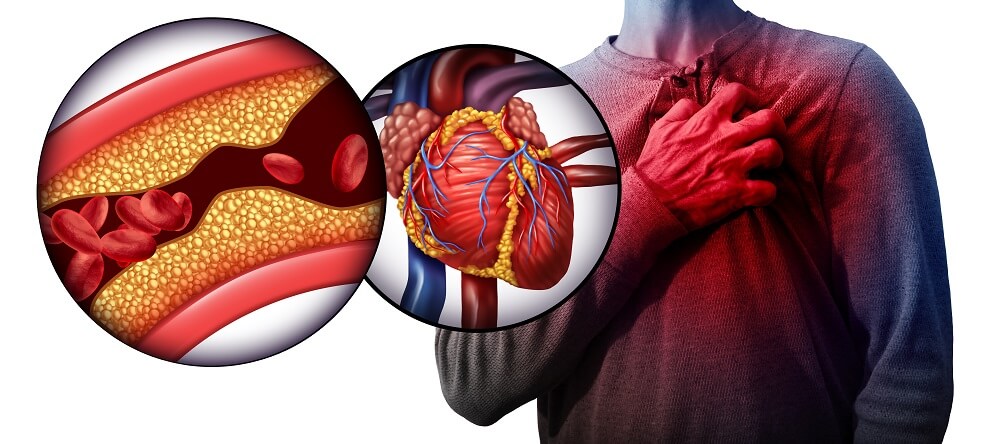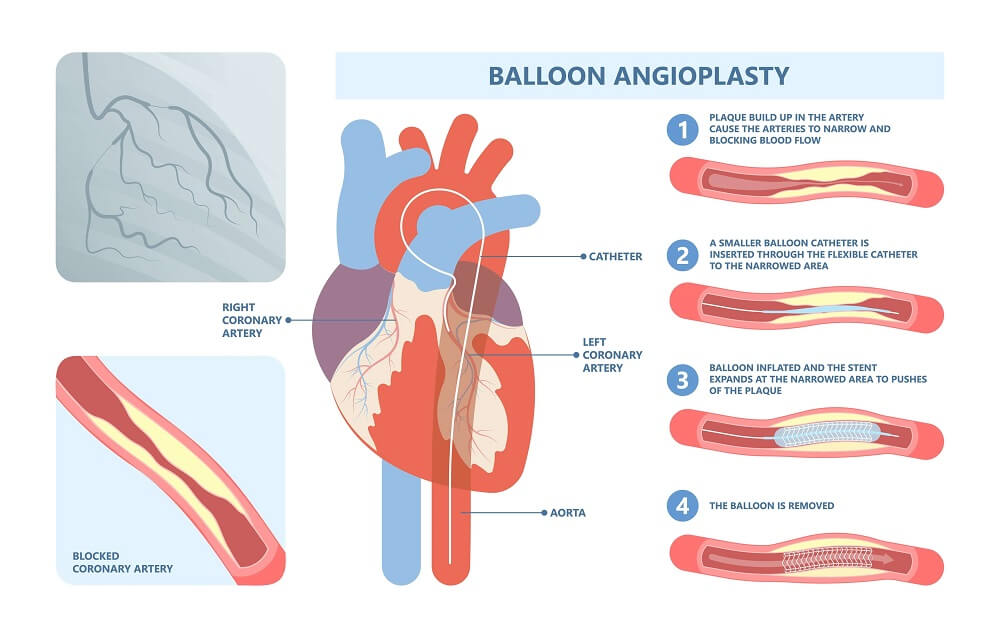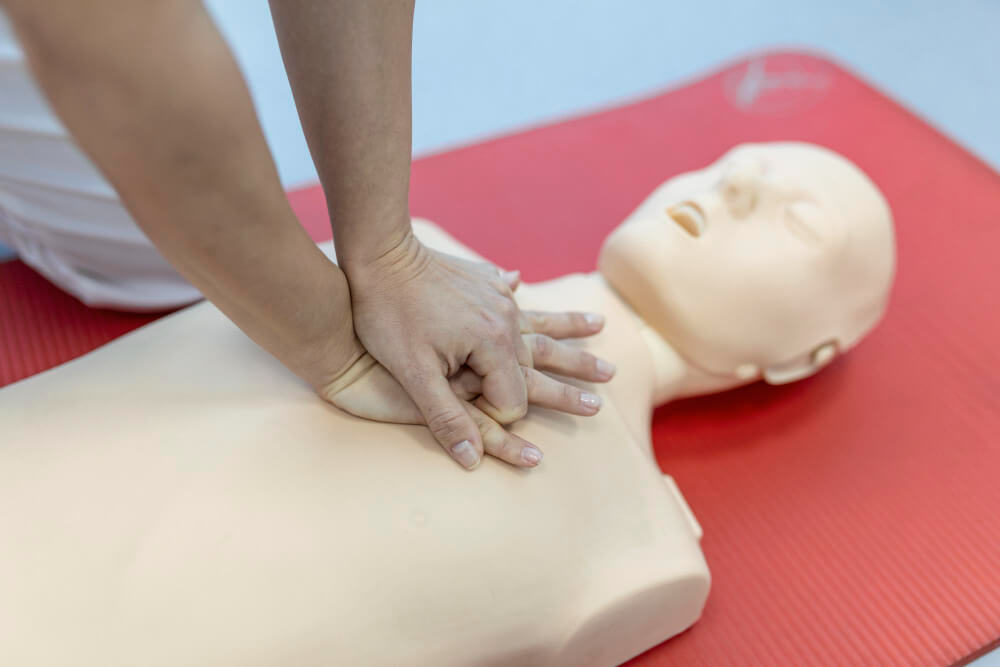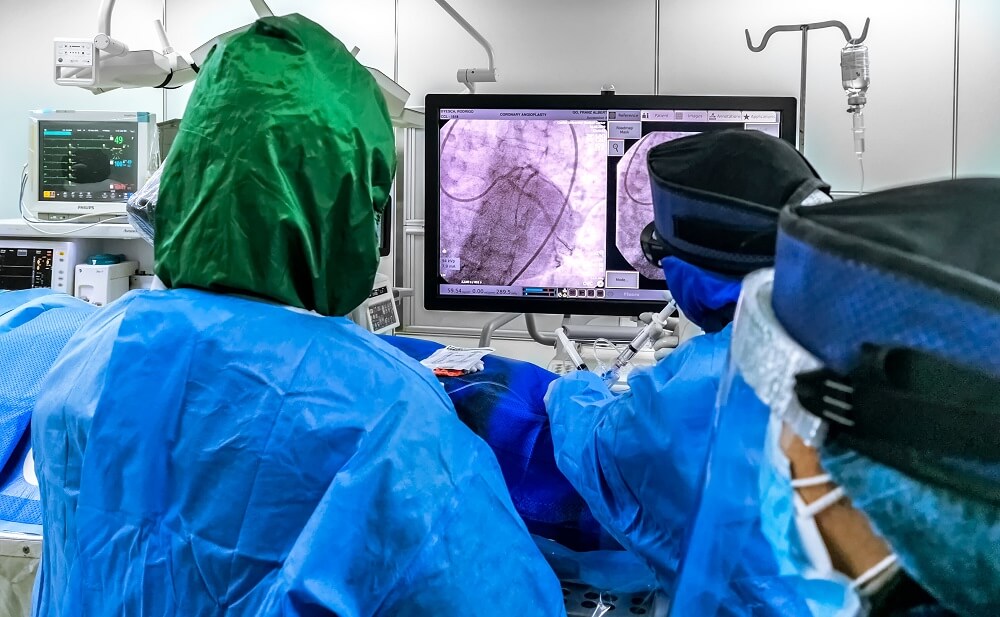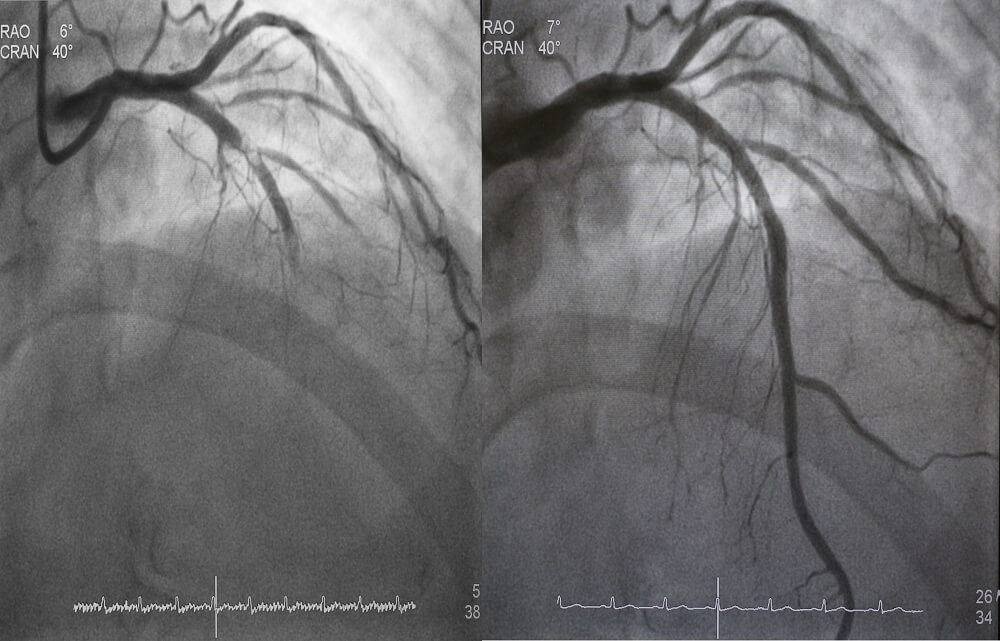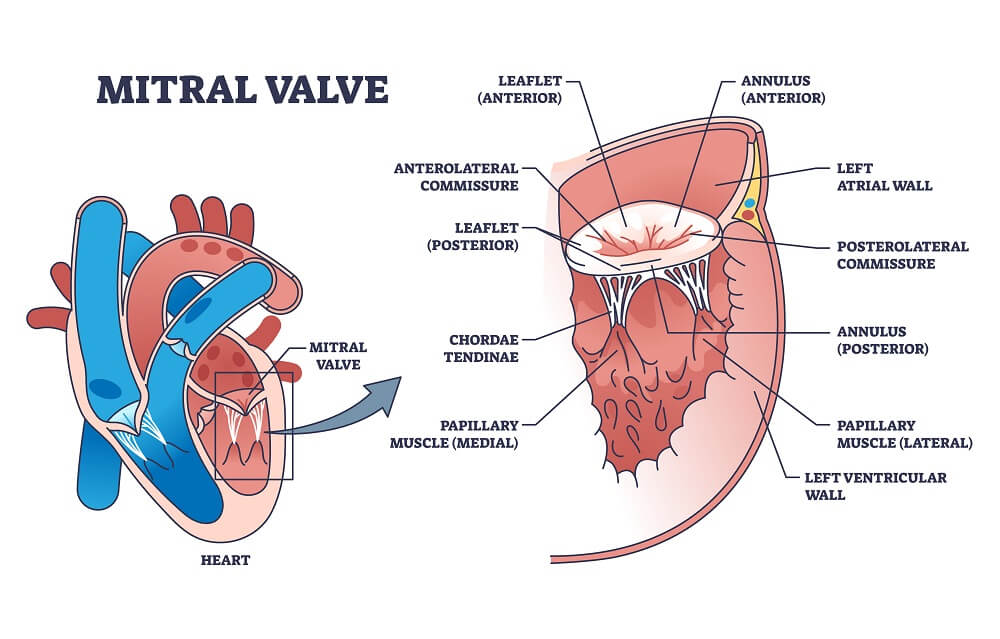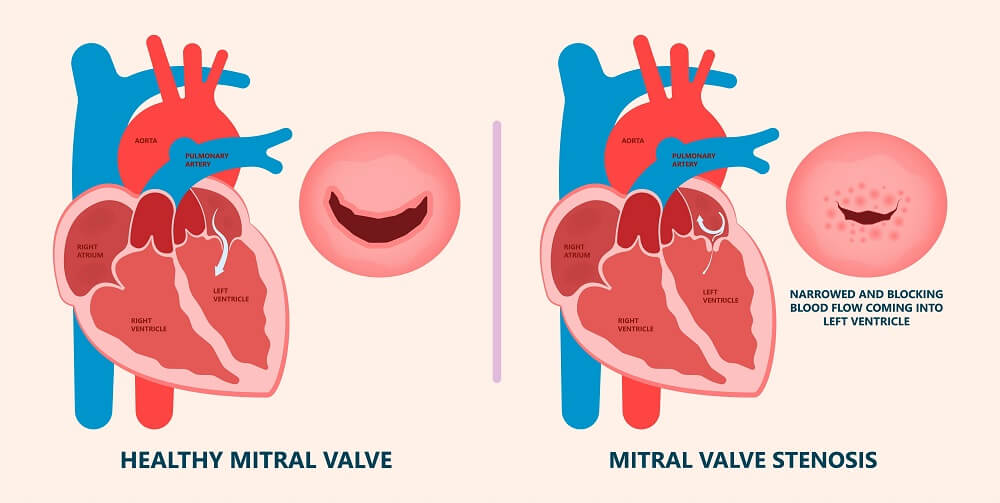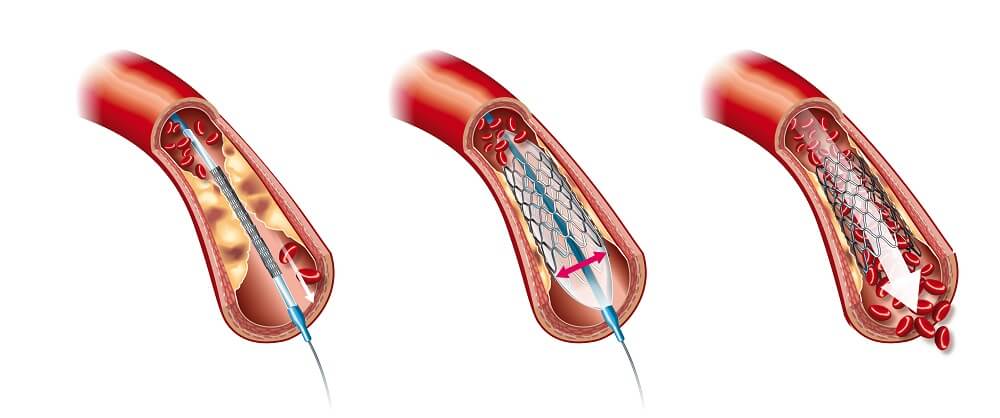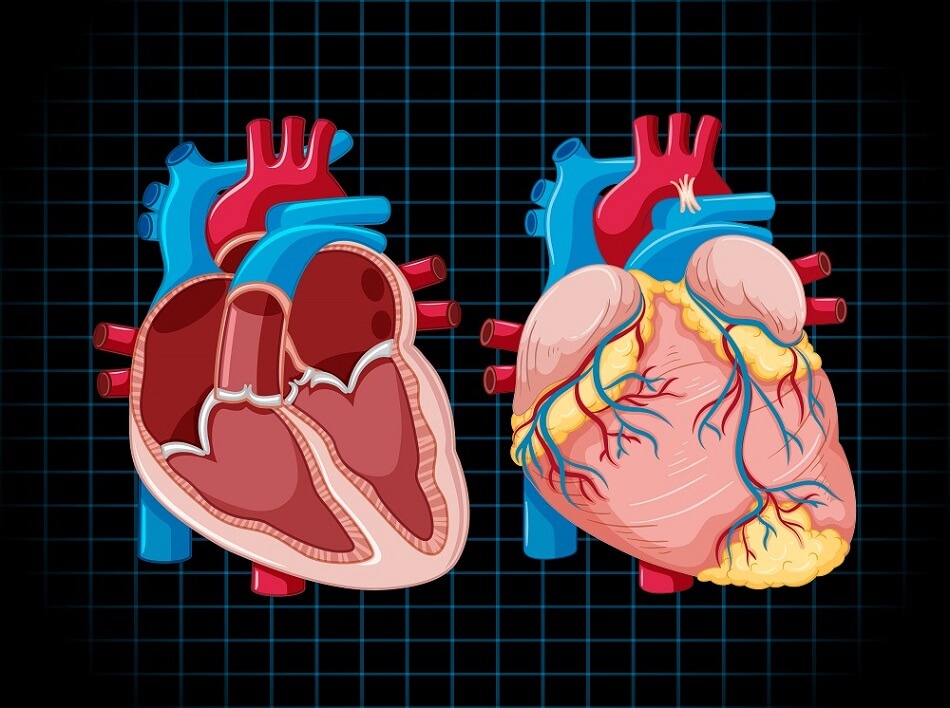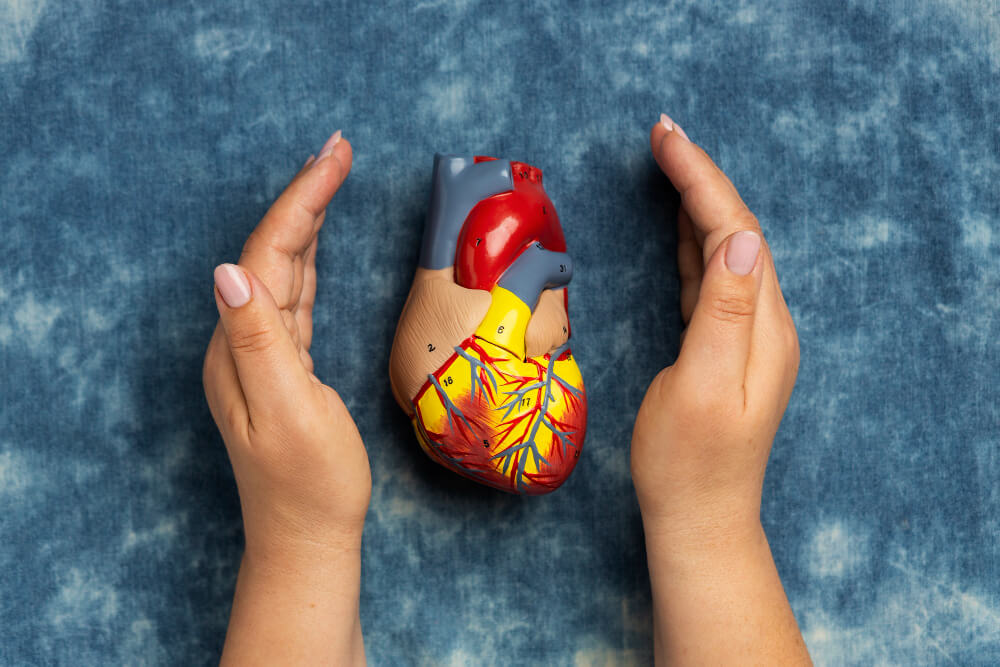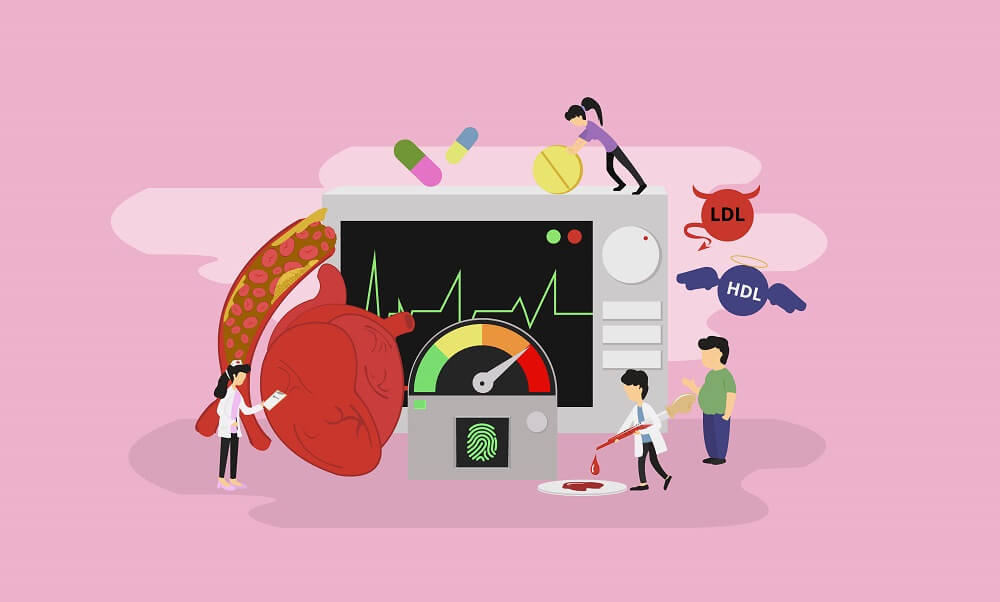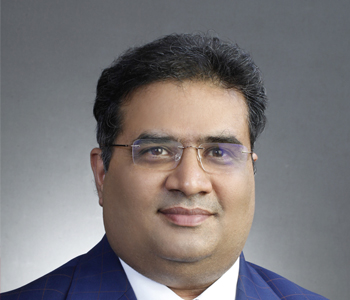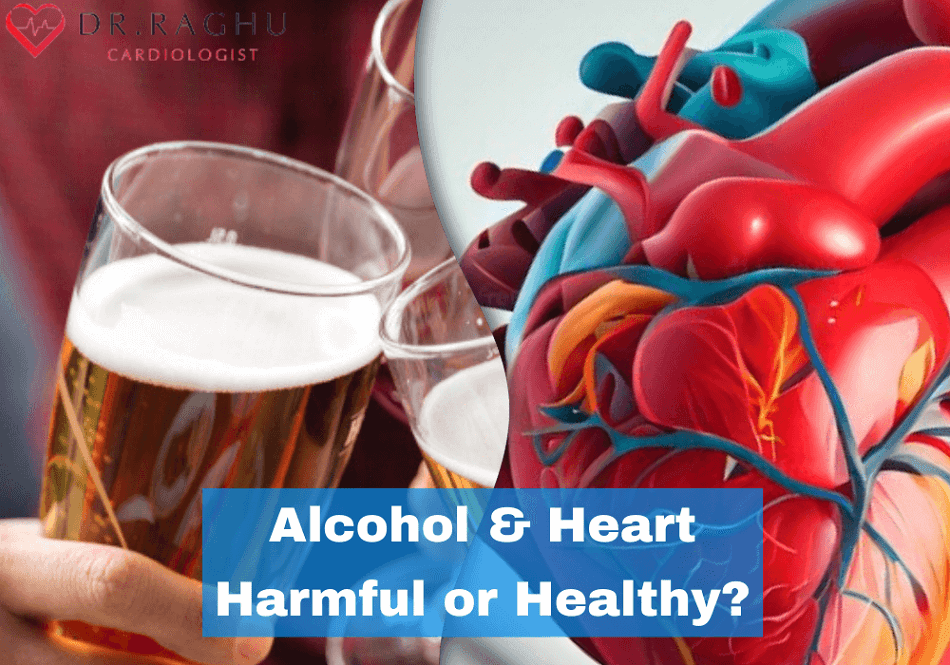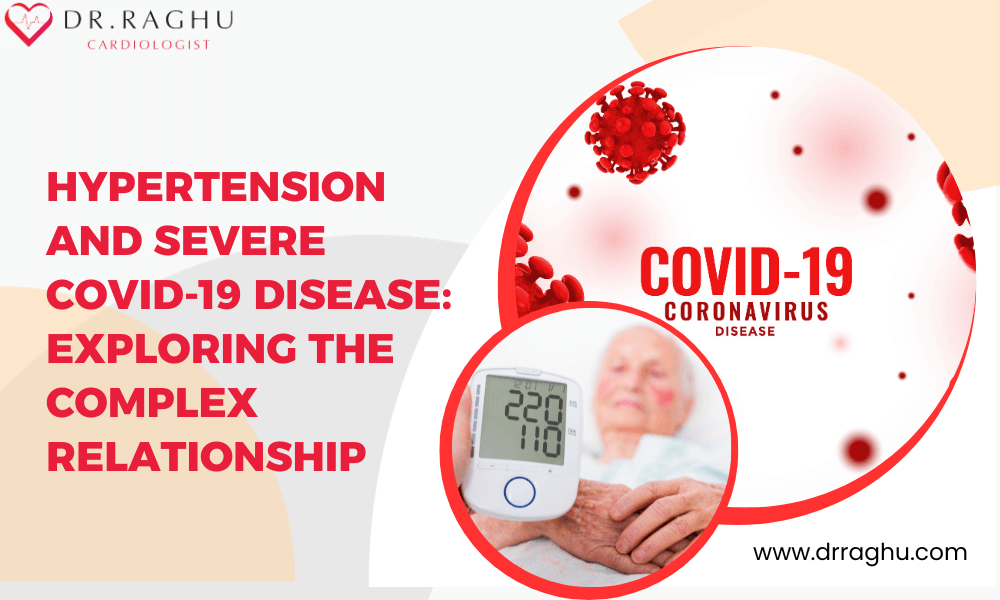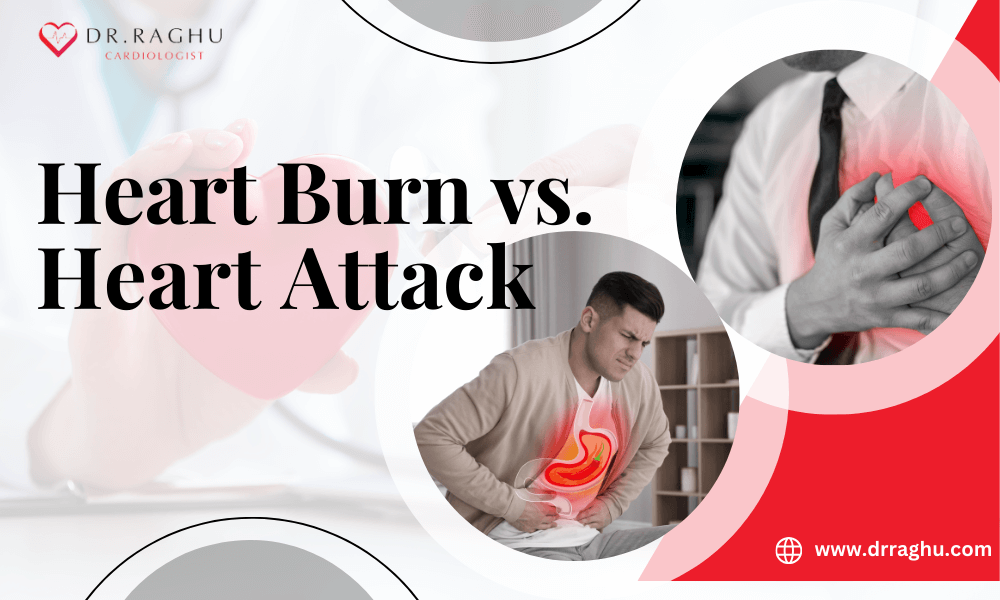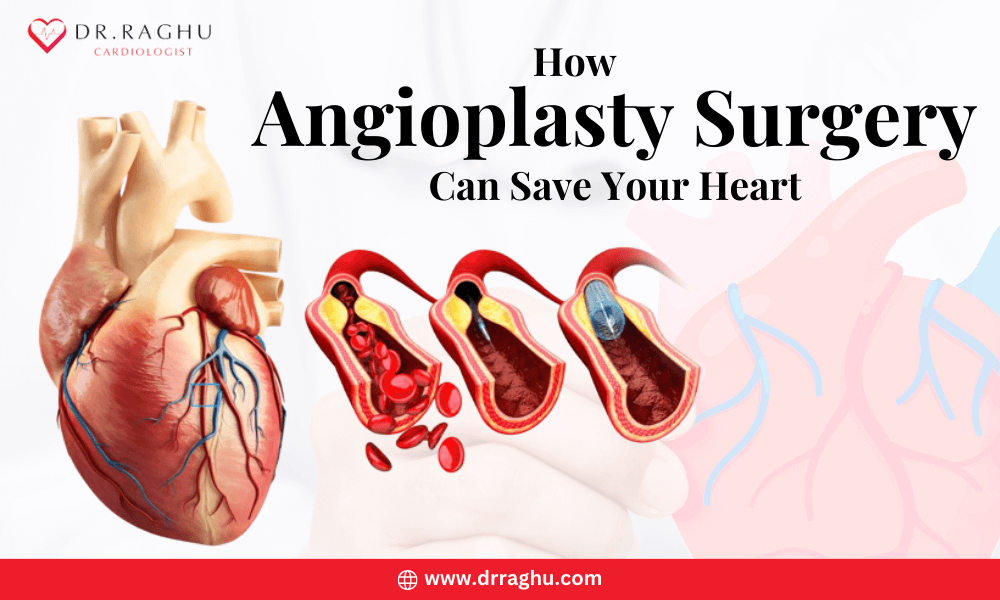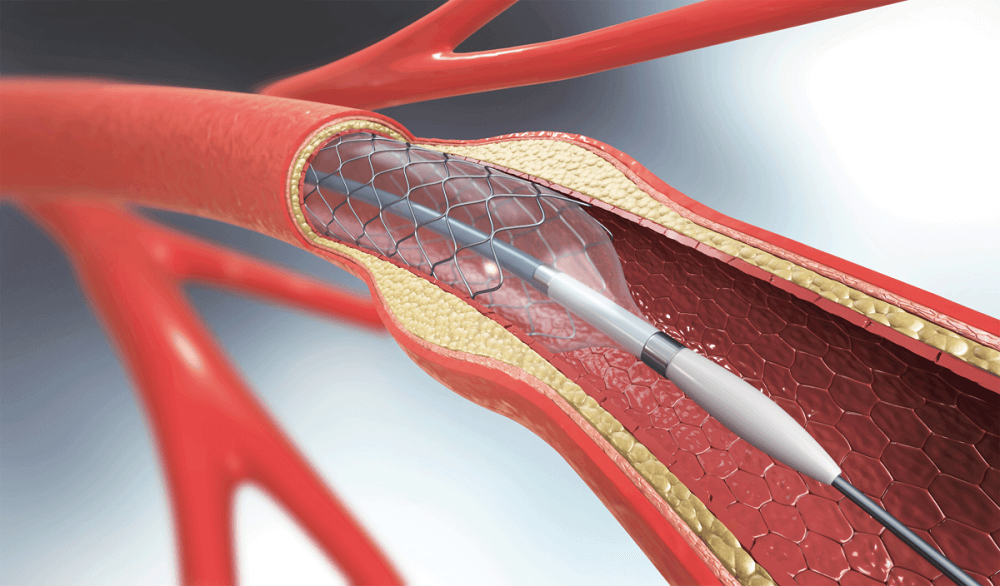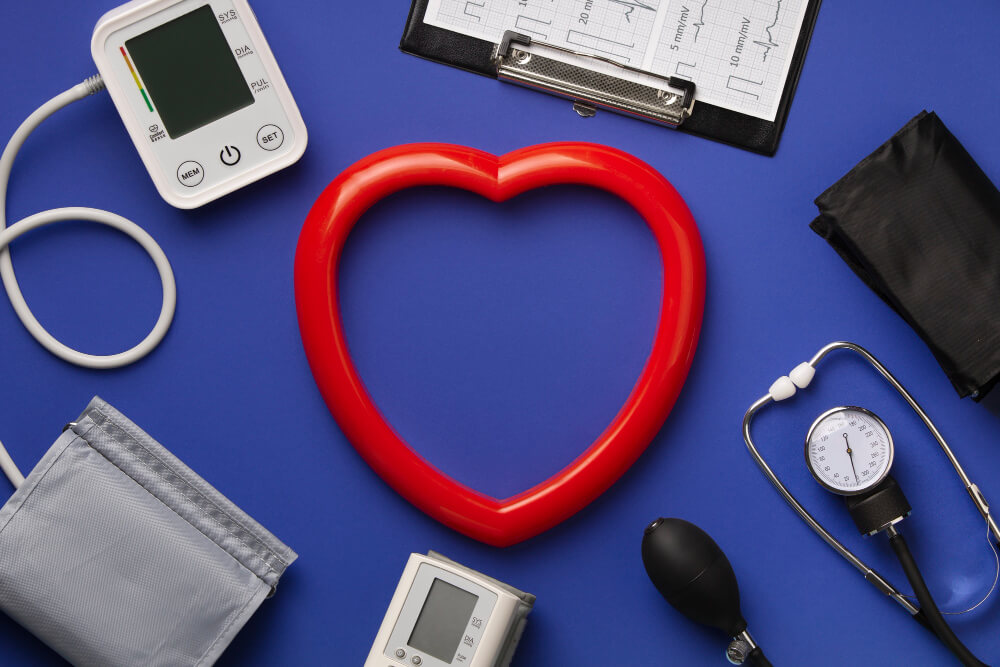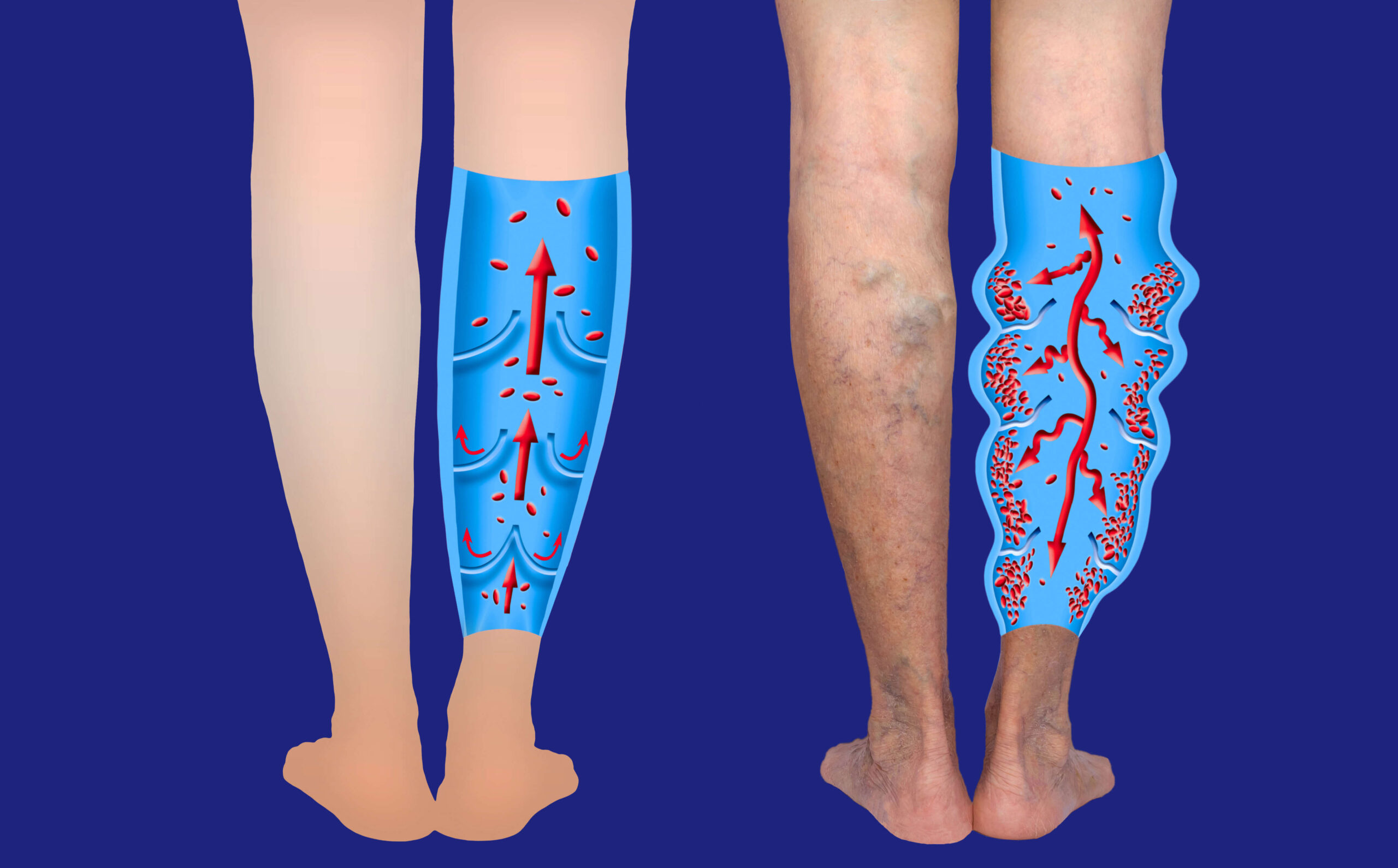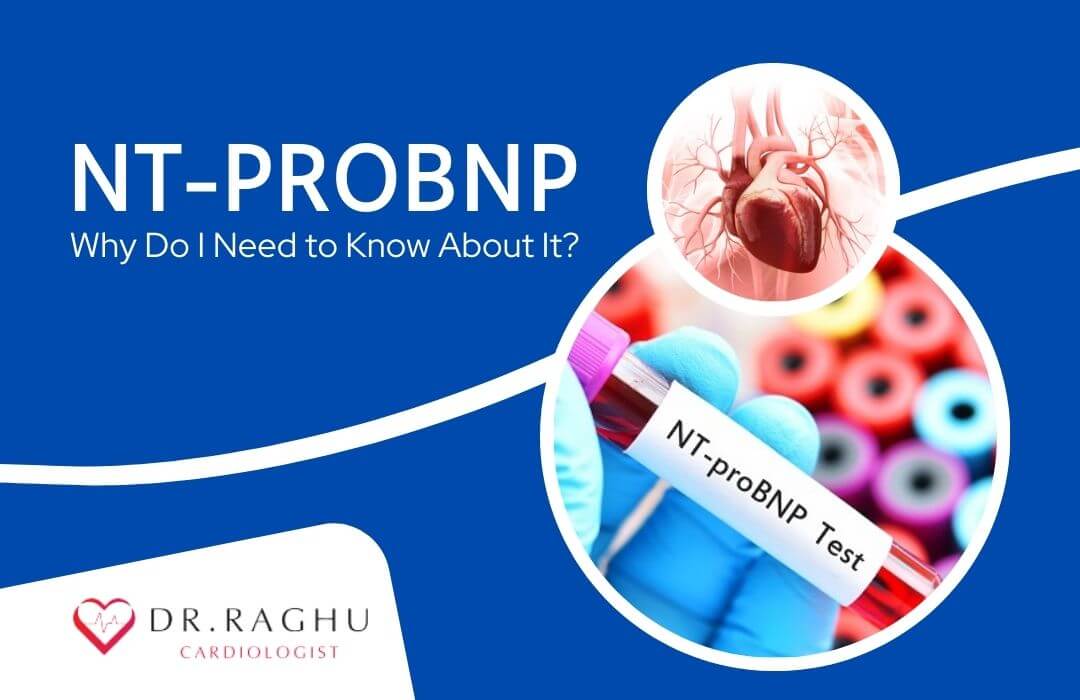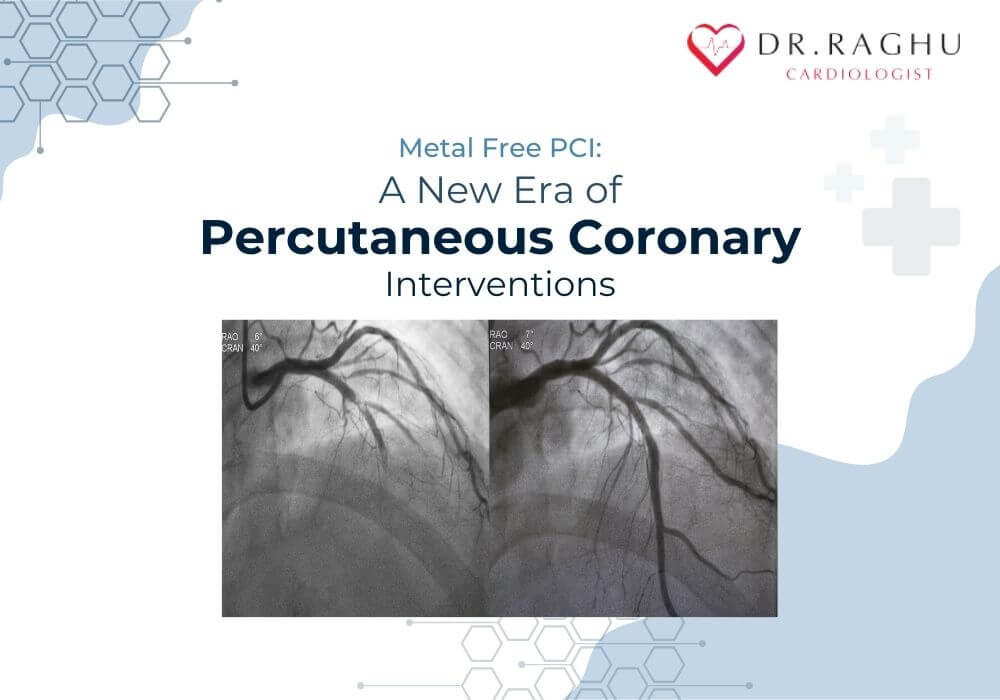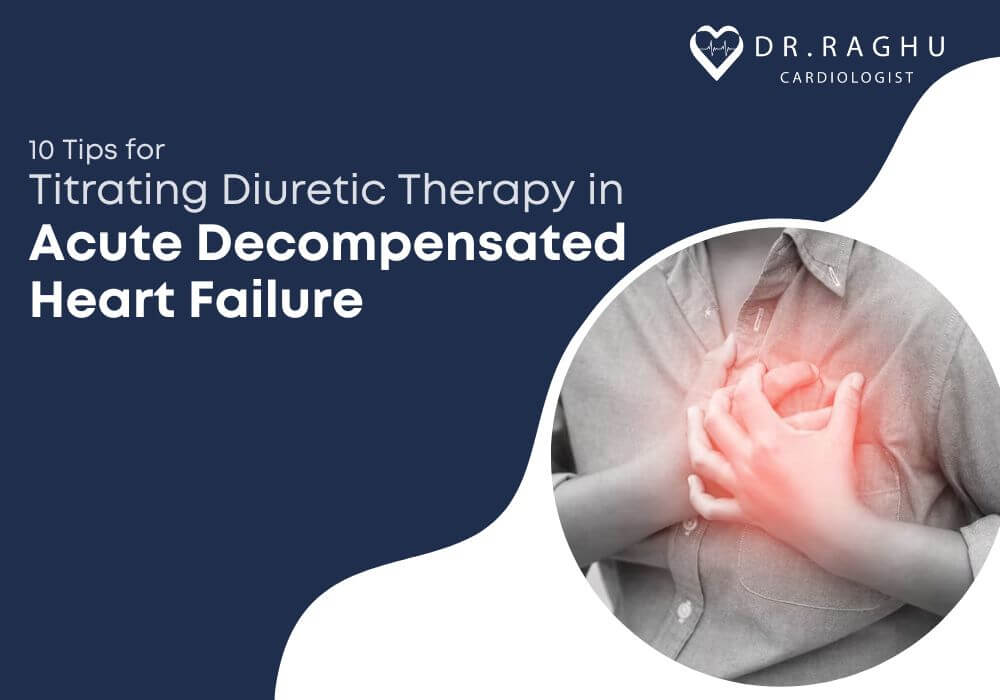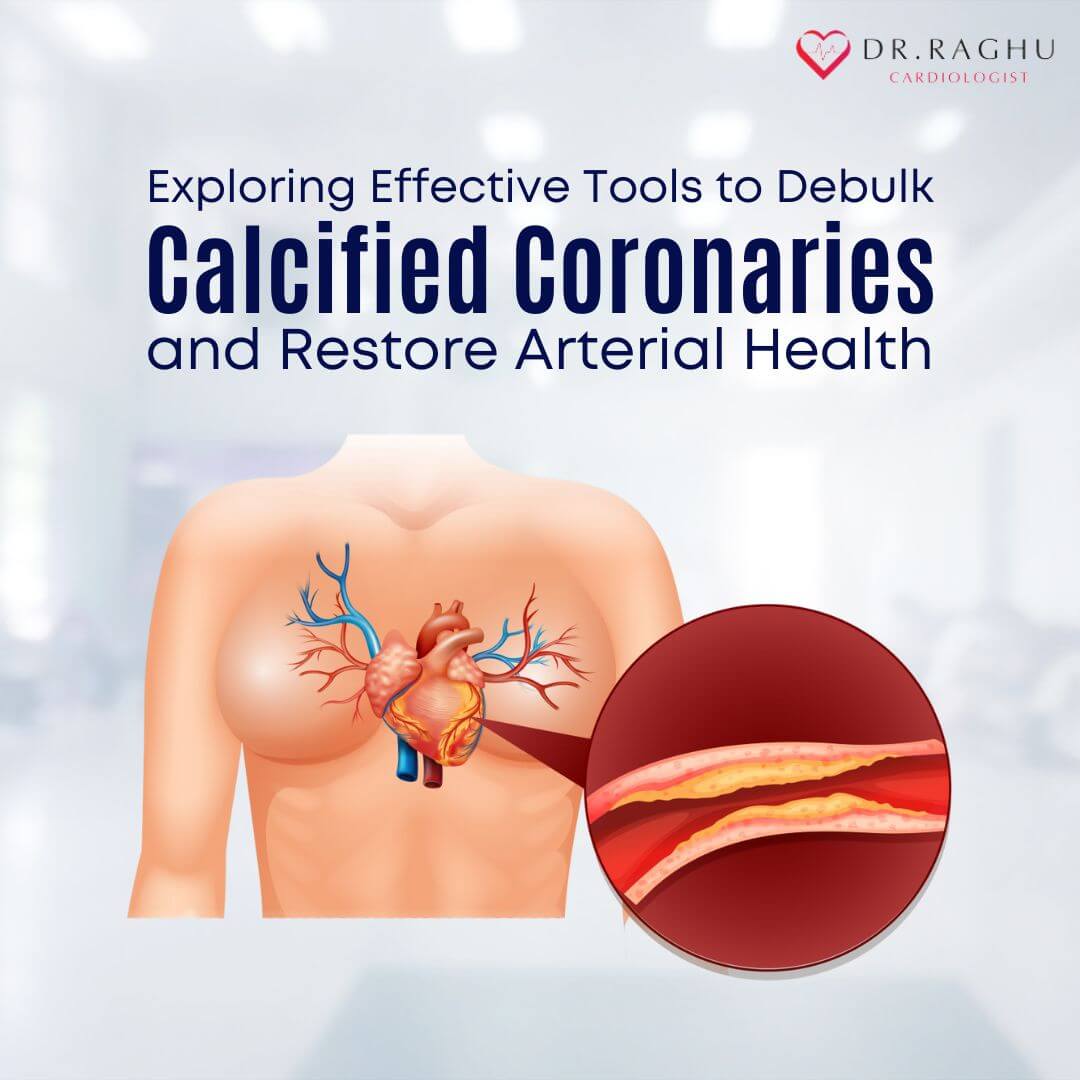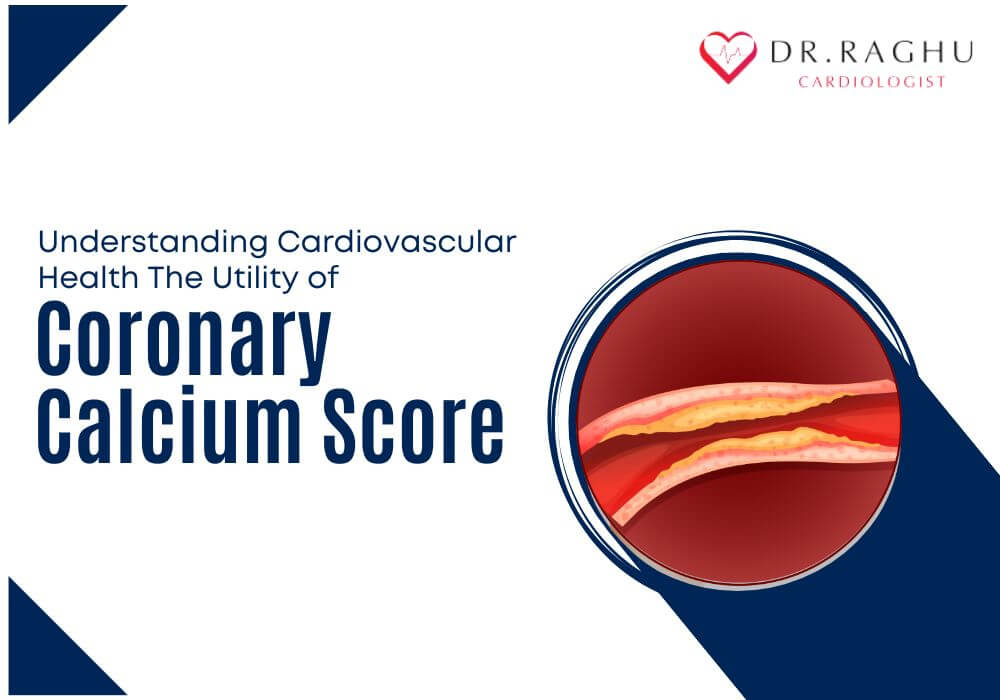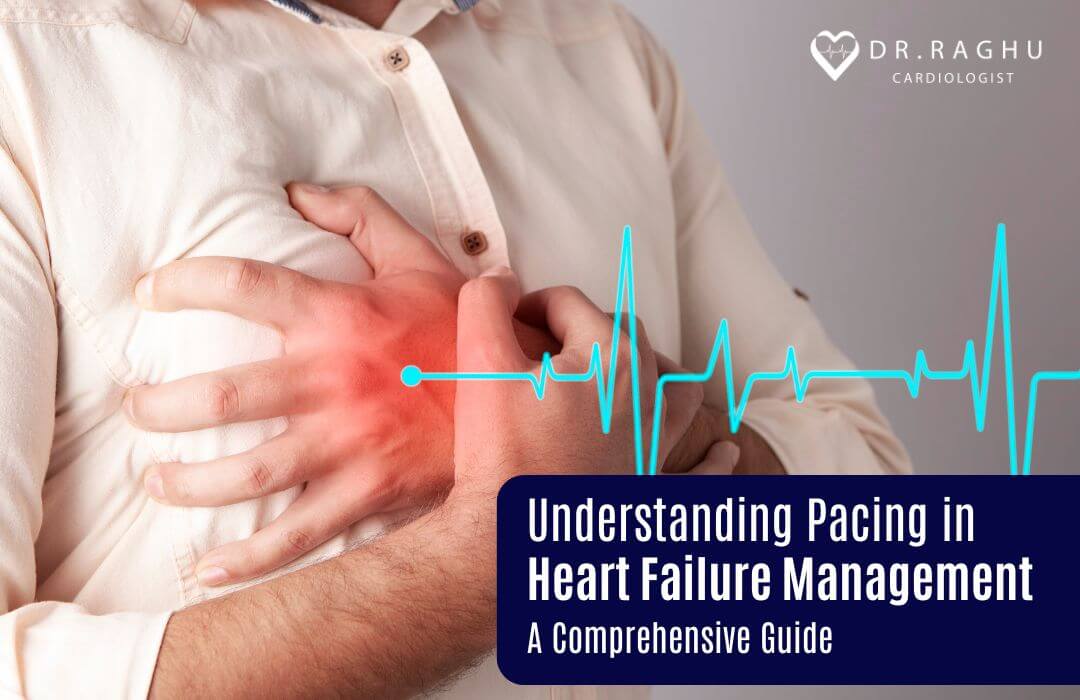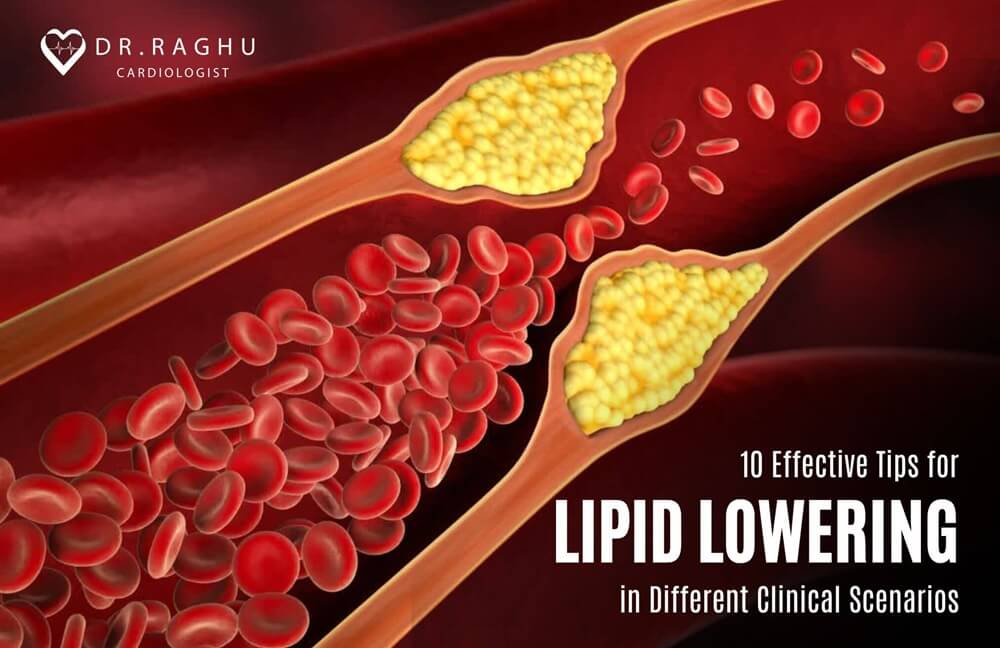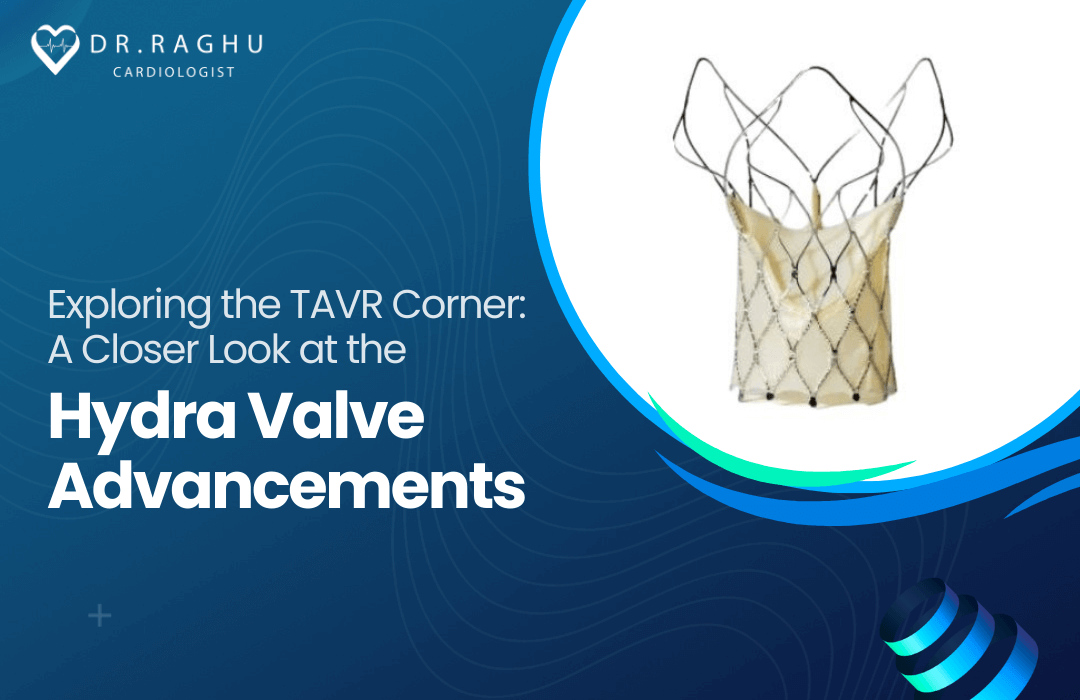Hearty Life
Hearty Life
Heart disease is a leading cause of death worldwide. Various factors, such as stress, underlying medical conditions, and a sedentary lifestyle, make an individual more vulnerable to heart disease…..
Depression is a mental health disorder that affects millions of people worldwide. When an individual suffers from depression, they experience sadness, hopelessness…
There was a time when heart attacks were restricted to older people (in their 50s, 60s, or 70s). However, in today’s day and age, heart attacks are becoming increasingly common in individuals under the…
Heart disease is a significant global health concern, as it causes numerous deaths worldwide every year. Heart failure treatment typically involves medications, lifestyle changes…
A bride in her early 20s collapsed at her wedding hours after exchanging garlands in Malihabad, UP. A man in his mid-20s collapsed during a walk with his friends in the streets…
Exercise is believed to be one of the most effective ways to improve cardiac health. It reduces the risk of various cardiovascular ailments, including heart valve disease, coronary…
Heart disease is one of the major causes of death worldwide, and many factors increase its risk. These include high blood pressure, smoking, high cholesterol levels, obesity…
Heart attacks are usually severe and potentially life-threatening. It isn’t surprising that they are one of the leading causes of death across the globe. A heart attack, medically known as…
A heart attack, also known as a myocardial infarction, is a medical emergency that occurs when a blockage in the coronary arteries restricts blood supply to the heart. This blockage…
Obesity and heart disease are two health conditions that are closely linked. Obesity is the accumulation of excessive body fat, which can lead to a wide range of health problems…
A heart attack, medically known as a myocardial infarction, is a severe medical emergency that can cause lasting damage to the heart muscle and even lead to death…
Atherosclerosis, also known as arteriosclerosis or atherosclerotic cardiovascular disease, is a chronic and progressive condition that occurs when plaque accumulates within…
Blood clots are a potentially dangerous condition that can form in the veins or arteries of the body. While blood clots are a natural response to injury, they can cause…
Heart attack is a leading cause of death worldwide, and it necessitates the need to see a heart disease specialist. If a patient suffers a heart attack and doesn’t…
On March 2, 2023, Indian actress Sushmita Sen revealed that she underwent an angioplasty in the heart after suffering a massive heart attack…
Workplace stress is a common experience among employees across various industries and sectors. Simply put, it is a psychological, emotional…
Recent studies have shown that irregular sleep may also increase the risk of cardiovascular problems. In severe cases, it can result in complications, such as heart attacks, necessitating the need for angioplasty in the heart.
A heart attack is a life-threatening condition that requires emergency medical interventions, such as angioplasty in the heart. On the other hand, heart failure is a progressive condition that results in the gradual weakening of the heart muscles.
Angiography and angioplasty in the heart are two different procedures. Angiography is a diagnostic tool used to identify blockages, while angioplasty is a therapeutic procedure used to open up blocked blood vessels.
Cardiopulmonary resuscitation (CPR) is an emergency life-saving procedure performed on individuals experiencing cardiac arrest or sudden cardiac failure. CPR aims to manually keep the blood and oxygen flowing in the body until professional medical help arrives.
A healthy heart is essential for overall well-being, and summer presents an opportunity to embrace these seasonal delights.
Complex coronary angioplasty in the heart is an advanced interventional cardiology procedure recommended for patients who have previously undergone coronary bypass surgery.
Coronary angioplasty, also called percutaneous coronary intervention (PCI), is a minimally invasive procedure performed to open blocked or narrowed coronary arteries.
Maintaining a healthy heart is of utmost importance, and a well-balanced diet plays a crucial role in achieving this goal. Heart disease, including heart attacks, is a leading cause of death worldwide.
TEER is a catheter-based procedure that utilizes a small, flexible device to repair the mitral valve. The procedure is typically performed in a cardiac catheterization lab under fluoroscopic guidance without the need for a sternotomy or cardiopulmonary bypass.
Transcatheter Mitral Valve Replacement (TMVR) is a groundbreaking procedure that offers a minimally invasive alternative to traditional open-heart surgery for treating mitral valve disease.
Angioplasty and stent placement are interventional cardiology procedures commonly used to treat coronary artery disease (CAD). These procedures work together to restore blood flow to the heart muscle by widening narrowed or blocked arteries.
There are many different types of ailments that can affect the heart. Some of them, such as heart attacks and arrhythmias, can be life-threatening if left untreated. A variety of factors, including genetics, lifestyle choices, and underlying medical conditions.
A weak heart, also known as heart failure, is a condition characterized by the heart’s inability to pump blood efficiently, leading to reduced circulation and inadequate oxygen supply to the body’s tissues.
Heart disease remains a significant global health concern, accounting for a considerable number of deaths worldwide. While it is well known that factors such as high blood pressure, high cholesterol levels, and obesity can contribute to heart disease, there are several other lesser-known risks that also play a crucial role in its development.
Vitamin D deficiency is not a major risk factor for heart attacks. According to Dr C. Raghu, The major risk factors for heart attacks remain hypertension, diabetes, high cholesterol and family history.
Alcohol addition and binge drinking, combined with workplace stress can cause cardiovascular ailments, such as heart failure, hypertension, etc. They can also increase your risk of experiencing a silent heart attack.
Cholesterol lowering drugs, also known as lipid-lowering medications, are prescribed to help reduce cholesterol levels in the blood and mitigate associated cardiovascular risks.
Excessive salt consumption is a known risk factor for heart failure, heart valve disease, coronary artery disease, and other cardiovascular complications, primarily due to its impact on blood pressure and blood vessel health.
The relationship between hypertension and severe COVID-19 is complex. Factors such as ACE2 receptor expression, inflammation, and immune response influence their connection.
Heartburn and heart attack are two medical conditions that can cause chest pain. However, the two conditions differ in their causes, symptoms, and treatment.
Angioplasty in the heart has emerged as a crucial lifesaving procedure for those suffering from heart-related issues. This minimally invasive surgery.
Aortic valve stenosis is a condition that affects this vital valve and can lead to serious health complications.
In today’s fast-paced world, heart health has become a significant concern for many. Whеthеr you’vе been diagnosed with a heart condition or simply want to еnsurе your heart’s well-being
Diabetes mellitus and heart disease often go hand in hand, presenting a challenging and complex scenario for patients and medical professionals alike.
Venous insufficiency, or chronic venous insufficiency (CVI), is a condition where the veins stumble in their duty to return deoxygenated blood from the legs to the heart.
NT-proBNP, or N-terminal pro-B-type natriuretic peptide, is a peptide hormone primarily produced by the heart, particularly by the left ventricle, in response to stress and strain on the cardiac muscle.
Percutaneous Coronary Intervention (PCI), a standard procedure for managing coronary artery disease (CAD), has witnessed a transformative evolution with the advent of zero-contrast PCI.
High-sensitivity troponin assays have a lower detection limit, enabling the identification of troponin concentrations that were previously undetectable.
Concomitant Coronary Artery Disease (CAD) refers to the presence of atherosclerosis or plaque buildup in the coronary arteries alongside aortic stenosis.
Metal free PCI represents a significant shift in the domain of interventional cardiology. This innovative approach eliminates the need for traditional metal stents and offers several benefits over traditional PCI.
Acute decompensated heart failure (ADHF) is a critical phase of heart failure that requires immediate attention and effective management.
Calcified coronary artery disease (CAD) refers to a condition in which calcium deposits accumulate in the coronary arteries, the blood vessels that supply the heart muscle with oxygen and nutrients.
The Coronary Calcium Score is a measure of the amount of calcium deposits in the coronary arteries, which are the blood vessels supplying the heart.
Pacing is a therapeutic strategy employed to regulate the heart’s rhythm and improve its pumping efficiency. In heart failure, abnormal heart rhythms (arrhythmias) can exacerbate the condition.
Maintaining optimal lipid levels, including a balance between LDL and HDL cholesterol, is crucial for heart health. However, the landscape of lipid management is multifaceted, requiring tailored approaches in various clinical scenarios.
The Hydra Valve represents a paradigm shift in TAVR technology, incorporating several key features designed to address challenges associated with traditional valves.
Coronary angioplasty aka PCI is a common procedure with excellent success rates. The in-hospital mortality following PCI is 1-2% and in the setting of acute coronary syndrome is 3%. Additionally,1-2% of patients die after discharge within 30 days.

